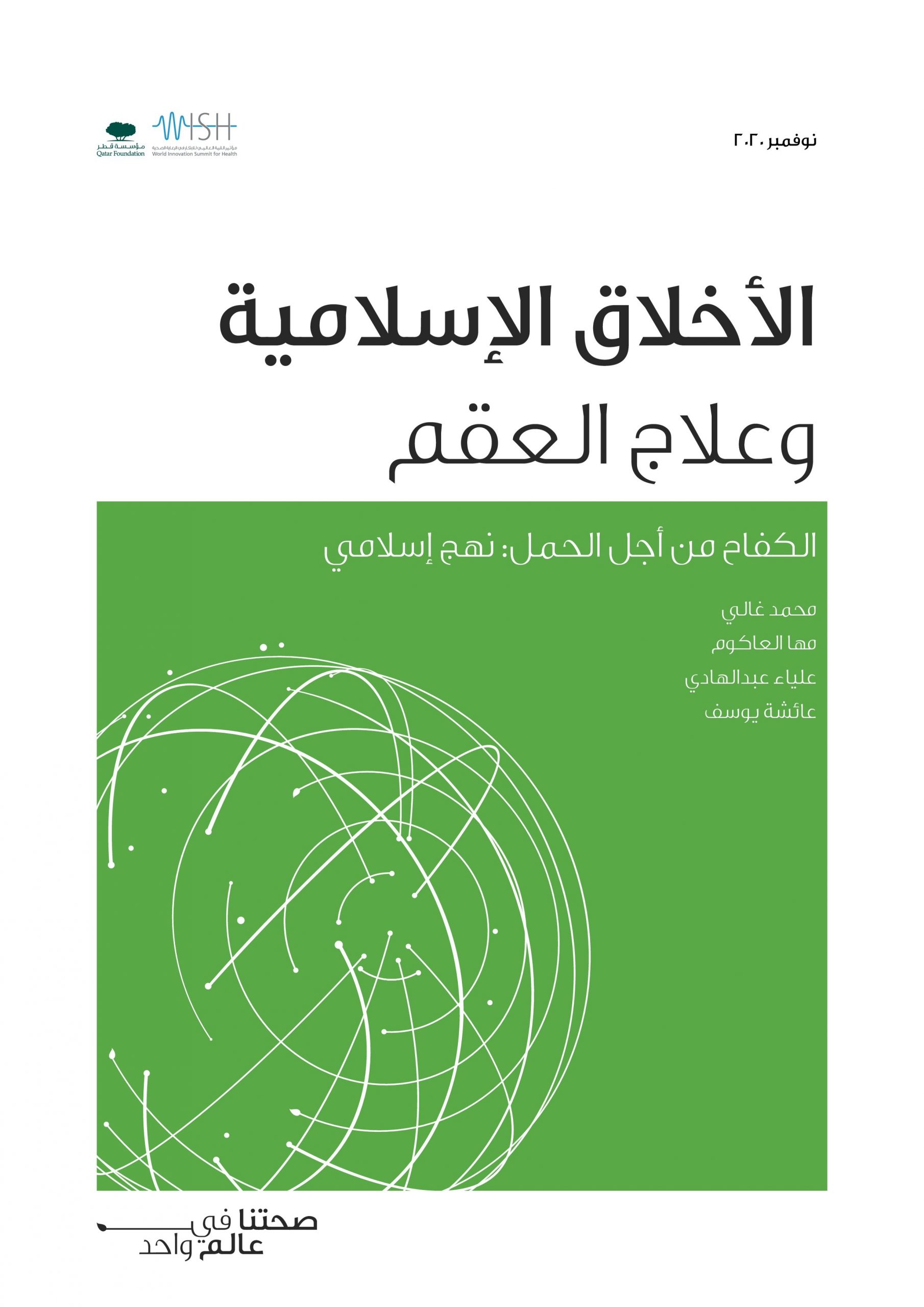ملخص تنفيذي
Assisted reproductive technologies (ARTs) have benefited many couples worldwide. Biomedical scientists have been working on medical and scientific issues to improve the safety and efficacy of these new technologies. At the same time, ethicists have been grappling with the related moral complexities and questions to ensure that people who are assisted to have children will not be forced to compromise their core values or principles.
As in other places in the world, many Arab and Muslim countries benefited from the revolution in ARTs. Parallel to these developments, Muslim religious scholars collaborated with biomedical scientists to address the related moral questions from an Islamic perspective. This interdisciplinary collaboration produced a rich religio-moral discourse on ARTs.
This study is aimed at healthcare professionals who work in the ART field, especially those who work in the Muslim world, or who have patients with a Muslim background. The report concludes that, while the questions raised by ARTs inspire diverse opinions across the Islamic moral tradition, there is agreement on some of the major issues.
We hope that this study will benefit healthcare professionals and their patients by helping healthcare policymakers and legislators fill the gaps in existing legislation, and develop regulatory frameworks that align with the religioethical fabric of Muslim societies.
Section 1 of the report gives an historical overview of ARTs in Qatar and the Gulf Region. Section 2 focuses on the Islamic ethical perspectives and delineates the overall moral world of procreation in the Islamic tradition, and examines how far ARTs are compatible with this moral world. Section 3 presents our key recommendations and conclusions.

